Buy Docenat : Docetaxel 120 Mg Injection Online
$46.64
Brand Name: Docenat
Generic Name: Docetaxel
Strength: 120 Mg Injection
Manufactured by: Natco Pharma Limited
Prescription Required *
Docenat is a chemotherapeutic medication used in the treatment of cancer. It is a sterile non-pyrogenic solution used for intravenous administration. It contains the active compound Docetaxel, which belongs to the class of medications known as taxanes.
Uses:
Docenat is used in the treatment of breast cancer, non-small cell lung cancer, advanced stomach cancer, head and neck cancer, and prostate cancer. It is also used in the treatment of other types of cancer, as well as off-label uses.
How to use:
Docenat is usually administered by a healthcare professional in a hospital or clinic setting through an intravenous infusion. The dosage and frequency of administration depend on the patient’s medical condition and response to treatment. It is important to follow the healthcare provider’s instructions regarding dosage and administration.
Storage Conditions:
Docenat should be stored in a cool and dry place, away from moisture and heat. It should be kept out of reach of children and pets. It should be protected from light and stored at a controlled room temperature of 20-25°C.
Mechanism of action:
Docetaxel works by inhibiting the division of cancer cells by disrupting the normal microtubule dynamics inside the cell, leading to the cells’ death. It has been shown to be effective in treating various types of cancers.
Precautions:
Prior to using Docenat, it is important to inform the healthcare provider about any allergies, pre-existing medical conditions or other medications being taken by the patient. It should be used with caution in patients with liver or kidney disease. Also, patients should avoid vaccination with live vaccines while on Docenat.
Contraindications:
Docenat should not be used in patients with a known hypersensitivity to Docetaxel or its excipients. It must not be administered to patients with a history of severe hypersensitivity reactions to other chemotherapeutic agents.
Drug interactions:
Docenat has the potential to interact with other medications, including steroids, antibiotics, and anticoagulants. Before using Docenat, it is important to inform the healthcare provider about all the medications being taken.
Overdose:
If an overdose of Docenat is suspected, immediate medical attention should be sought. Symptoms of overdose may include diarrhea, nausea, vomiting, and severe bone marrow suppression.
Side effects:
Docenat can cause side effects such as neutropenia, anemia, fatigue, and nausea, vomiting, hair loss, and skin reactions. These effects are usually mild to moderate and resolve after the medication is stopped. Severe side effects may rarely occur, and in such cases, the healthcare provider must be notified immediately.
Be the first to review “Buy Docenat : Docetaxel 120 Mg Injection Online” Cancel reply
Related products
Anti Cancer
Anti Cancer
Anti Cancer


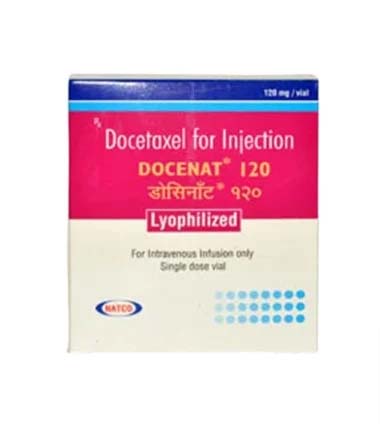


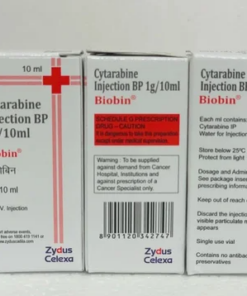

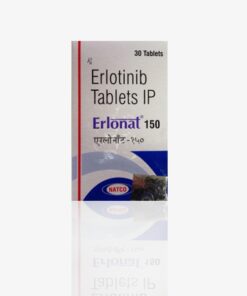
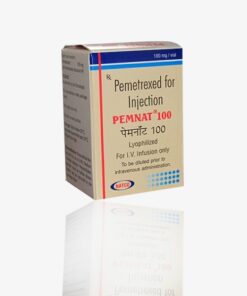
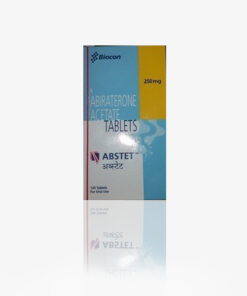
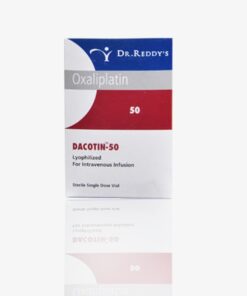

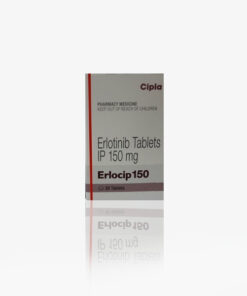
Reviews
There are no reviews yet.